5 Comments
Clark Burt
12/9/2023 02:08:00 am
This post is so beautiful. Strange thing to say since it is about death, but the Parable of Crossing the Channel (you should so name it in your post) filled me with light and life.
Reply
Ruth
12/10/2023 08:47:40 am
THAT PARABLE. Beautiful!!!!!!!!!
Reply
Tim Merrill
12/11/2023 02:22:26 pm
Thanks Ruth!
Reply
L
12/11/2023 11:47:54 am
I’ve been thinking about this post and your parable which is so profound. I haven’t reached the end of my contemplating, but thought I would share where I am. Perhaps someone else will see further and deeper than I am and begin to pull it together.
Reply
Tim Merrill
12/11/2023 02:30:32 pm
L, you have certainly caught the spirit of it. You may actually see things clearer than me. For why I didn't use the term "baptism", as you've pointed out, this parable is about baptism-as-death.
Reply
Leave a Reply. |
AuthorTim Merrill Archives
July 2024
|
|
|
© COPYRIGHT 2019 - 2024
|

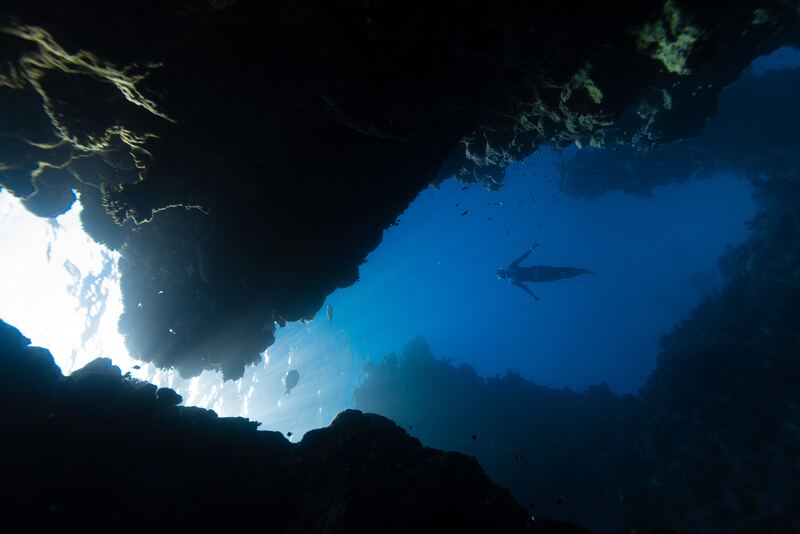

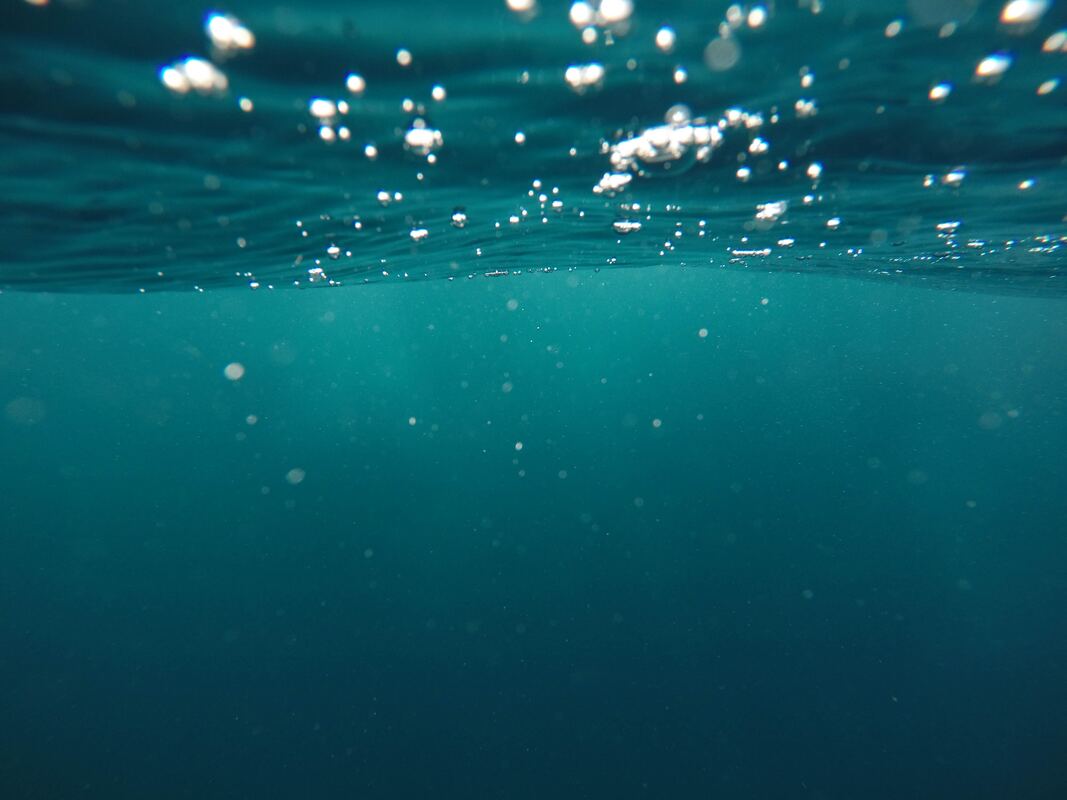
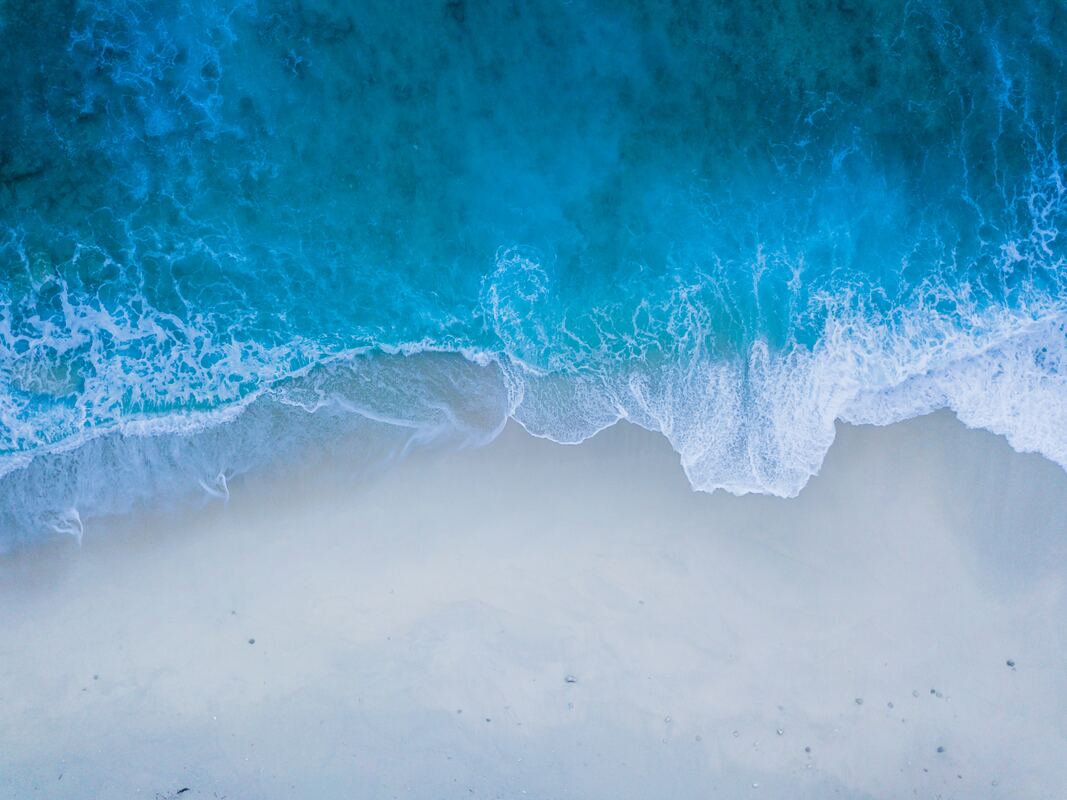
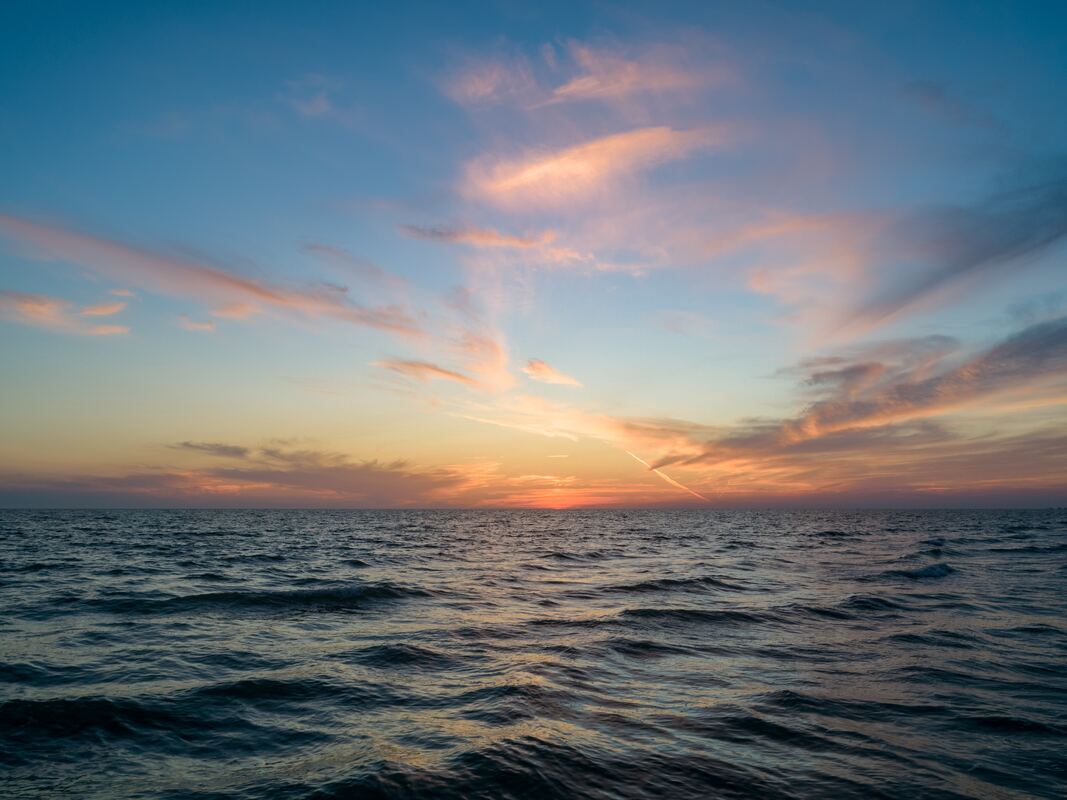
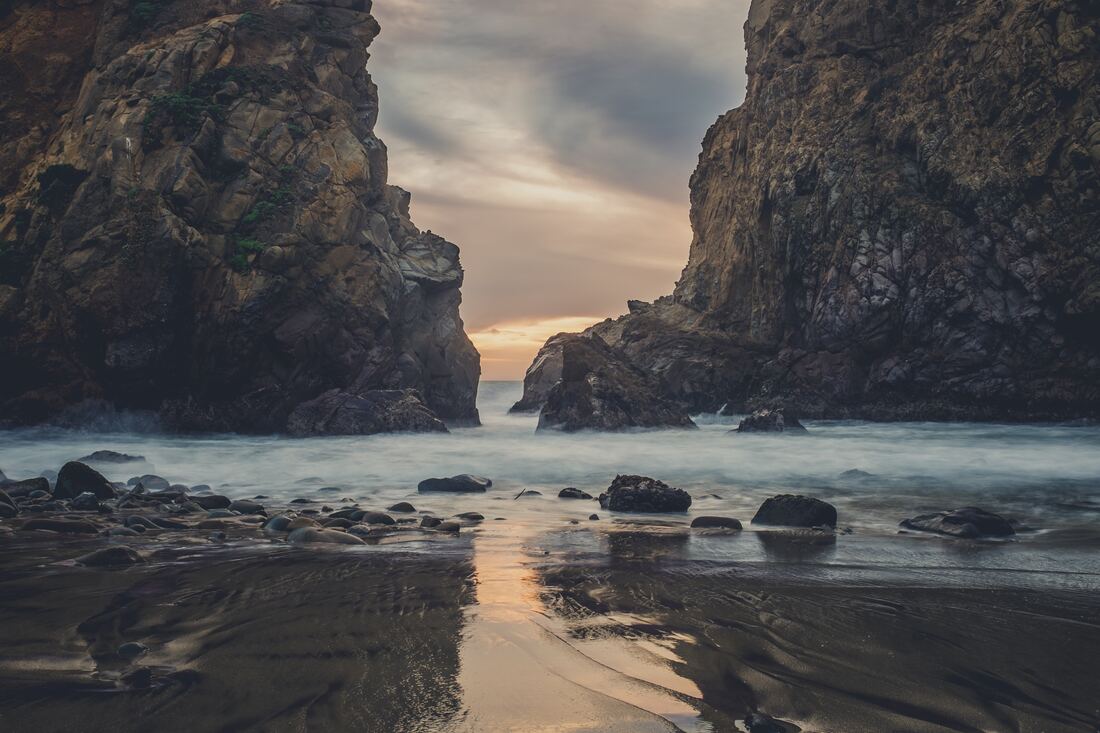

 RSS Feed
RSS Feed